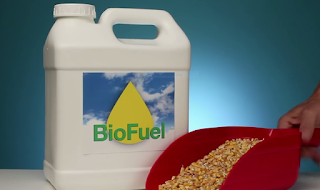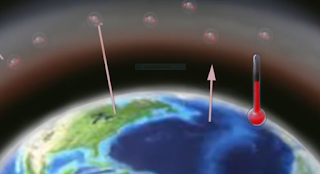With a fast growing population and technology, it is becoming extremely difficult to manage oneself, others and the environment we live in. School is no exception, since almost 76.4 million people are in school on a daily basis. Which means school curriculum and classroom activity should be holistic one; should cater the need of everyday life and life after school.
"Green chemistry" authored by Dr. N.K. Sharma for Grade IX Students was something very formidable. It comes at the right time and space. Such topics become the need of the time with unbecoming of human desires. Good values must start right at the base of human thinking. I feel the topic is more than just a normal classroom lesson, although other topics are equally important and loaded. However, this topic is more understandable, practical and applicable in daily lives at each home. In fact, every day is made up of such a circle of values directly or indirectly. We want more of such holistic contents to be part of daily curriculum over complicated and out-dated ideas, which would do no justice and fair in learning not only for learners but also for teachers to express their views and way forward to a sustainable future.
As the chapter goes deeper, the contents inside are unfailingly ethical and gripping throughout. If there is one chapter, "Green Chemistry" is the one I got hold of every student more galvanizing and careful. Topics like working of Nitrogen Cycle, Carbon Cycle, Fertilizers, Environmental consequences of chemical fertilizers, Climate change, Fossil fuels and Polymers to name just a few have impressed me and my learners so much, since we live with such values all through the years; which circles from the lens of chemistry to general aspects of everyday life.
I shared with them some of my passionately engaged works, habits of littering and love for nature. To make it real and affectionate I shared them the small note on good waste management habits, since almost 99 per cent of the foods and eatable items comes by the plastic packaging and all these items have some environmental consequences and are chemically unfit for the environment.
Our daily curriculum should focus more on value based lessons rather than emphasizing more on homework, test scores or teaching them to pass just the exam.
We need lessons which can impact everyone for the whole life; lessons of well-being, how to care oneself, manage home, impact of globalization, money management, disaster plan, agriculture norms, icetization, writing skills, speaking skills, communication, need for a sustainable future and developing a research culture learning. Further, the main focus of education should be more on skills development and competences rather than simply bombarding with ideas of hell. Therefore, it is time for multi-literacy education.
Our national curriculum should have more space for social skills, managing oneself, managing daily activities and safety. Nevertheless, ICT competencies has become part of everyday living, competence for the world of work, ownership and entrepreneurship to name a few have become part of everyone. Our school must teach the core of it. School must prepare our students for life beyond school walls.
With this topic, I chanced to share and relate HM's vision of the future, the power of education, being resilient for changing times, preserving culture and serving TSA-WA-SUM with loyalty and dedication. I also shared with them, how ordinarily His Majesty the King and the Queen live in "Lingkana Palace" in an ordinary fashion without much luxury. Their majesties fully engaged in serving the people of all kinds at their Noble Feet and with utmost dedication. Such is the King of Bhutan!
What a delightful moment we had for "Green Chemistry"? 😀💖💓










No comments:
Post a Comment